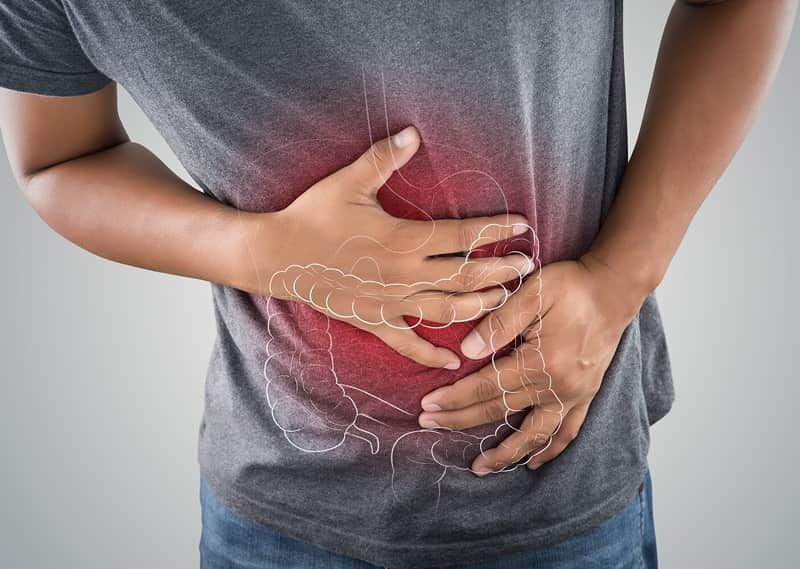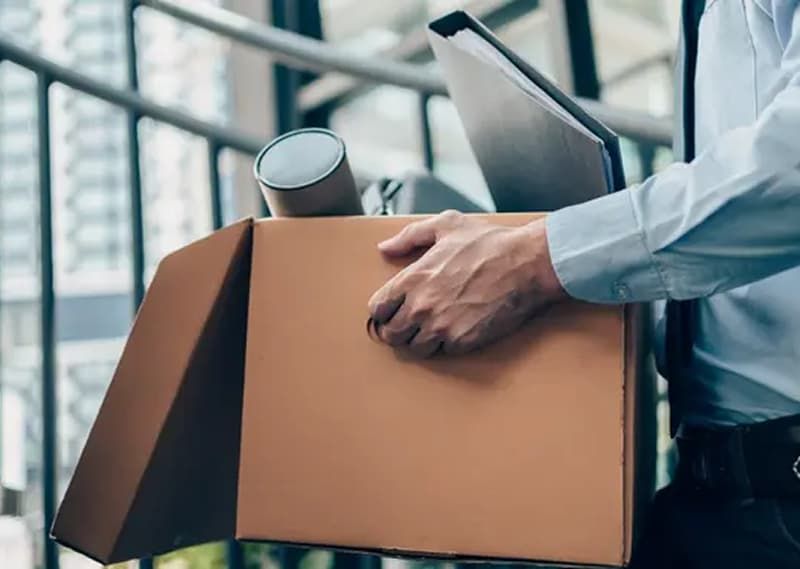How to Determine if You Have Colon Polyps?
Colon polyp is those odd little growths in the lining of your colon or large intestine. Most of the time, they’re essentially harmless. But the kicker? If left unchecked, they can morph into colon cancer over time. So it turns out it’s pretty crucial to get familiar with the ways to figure out if you’ve got polyps brewing in there. Now let’s take a closer look at potential signs and how doctors find them.

What Are Colon Polyps?
Colon polyps, if we’re being fancy about it, are mischievous little clusters of abnormal tissue that pop up on the inner lining of the colon. They aren’t all the same, mind you—there are various flavors. You’ve got neoplastic types (some that might lead to cancer, like adenomatous and serrated polyps) and non-neoplastic ones (the usually harmless hyperplastic polyps and pseudo polyps). Most are benign; still, ignore them long enough and a few might progress to cancer.
Symptoms of Colon Polyps
Now, here’s the thing. Most colon polyps are like ghosts, you can’t detect them. But if they get big enough or start causing trouble, well, you might begin to notice a few signs:
1. Rectal Bleeding: Yeah, not what you want to see. Blood might pop up on the toilet paper, pool in the bowl, or mix into your stool. This can happen if the polyp becomes irritated or ulcerated.
2. Blood in Stool: Ever seen a change in your poop’s color? You could see dark, tar-like stool thanks to bleeding within, or just little streaks of red.
3. Changes in Bowel Habits: Think you’ve got the runs or are suddenly feeling constipated? Maybe you’ve noticed some extra mucus. These could all be red flags, especially if your bathroom habits stray for more than a week with no rational explanation.
4. Abdominal Pain or Cramping: Stubborn large polyps can cause a ruckus. They can get in the way, cramping your style. In extreme cases, you could be heading towards a partial bowel blockage.
5. Fatigue and Iron Deficiency Anemia: If a polyp’s slowly weeping for a while, it could turn you anemic. Cue all those classic signs: relentless tiredness, catching your breath oddly fast, and pale skin. This clue can be one of those tricky little hints that you’ve got a polyp.
So, if any of this strikes a chord with you, please—reach out to a healthcare provider. Don’t let it ride.
Who Is at Risk of Colon Polyps?
Some folks have a higher chance of landing colon polyps, and knowing if you fit the bill will help with early detection:
1. Age: The number 50 looms large. Yep, as you gracefully add years, your risk climbs significantly.
2. Family History: If colon polyps run in your family, your odds go up considerably.
3. Diet and Activity Level: Munching on junk food, not enough fiber? Couple that with a sedentary lifestyle, and you might as well send the invitation out to polyps.
4. Underlying Health Conditions: Things like being overweight, battling type 2 diabetes, inflammatory bowel diseases (Crohn’s or ulcerative colitis), or the dreaded familial adenomatous polyposis (FAP), all these matter in checking if you have the disease.
Diagnostic Techniques for Colon Polyps
Detecting them early can send the risk of colorectal cancer tumbling down. Here are the prime investigative tools healthcare folks use to search for these sneaky buggers:
1. Colonoscopy: During this procedure, they snake a thin camera through your colon. If they spot any polyps, they snatch ‘em right out through polypectomy, throwing in some analysis. It’s diagnostic and treatment rolled into one nifty action.
2. Stool-Based Tests: If you’re looking for easier options, poop tests like the fecal occult blood test (FOBT) or the fecal immunochemical test (FIT) detect traces of blood lurking in your poop. DNA stool tests join the party, checking for genetic changes that get polyps riled up.
3. CT Colonography (Virtual Colonoscopy): With this tool, fancy computed tomography spins a detailed image of the colon. It’s keen on spotting large polyps but has a blind spot for the small ones. If something pops up, a regular colonoscopy for removal will still be the instruction of the day.
 Disclaimer:
Disclaimer:
The content provided on our blog site traverses numerous categories, offering readers valuable and practical information. Readers can use the editorial team’s research and data to gain more insights into their topics of interest. However, they are requested not to treat the articles as conclusive. The website team cannot be held responsible for differences in data or inaccuracies found across other platforms. Please also note that the site might also miss out on various schemes and offers available that the readers may find more beneficial than the ones we cover.
Featured Articles
-
 Health & Wellness
Health & WellnessEffective Homemade Detox Drinks for Weight Loss and Wellness
-
 Finance
FinanceHow CDs Can Save Your Financial Future in Potential Layoffs
-
 Finance
FinanceIs Another Economic Recession Looming on the Horizon? How Regular Citizens Can Get Ready?
-
 Finance
FinanceWhat You Need to Know about Variable Life Insurance
-
 Health & Wellness
Health & WellnessHow to Choose the Right Dental Insurance and What Are They
-
 Health & Wellness
Health & WellnessThe Best Method to Shield Your Sleep Out of Blue Light




